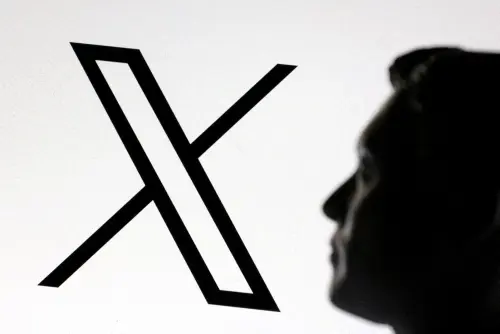India's IT ministry has unlawfully expanded censorship powers, facilitating the easier removal of online content and empowering numerous government officials to execute such orders, according to a new lawsuit filed by X, formerly known as Twitter.
The lawsuit signifies an escalation in the ongoing legal dispute between X and Prime Minister Narendra Modi's government regarding content removal orders from New Delhi. This development coincides with Elon Musk's advancement in launching his key ventures in India.
In a court filing dated March 5, X asserts that the IT Ministry has instructed other departments to utilize a government website established by the Home Affairs Ministry last year for issuing content blocking orders. This mandate extends to social media companies as well.
X claims that this new mechanism lacks the stringent legal safeguards traditionally required for content removal, such as the necessity of demonstrating harm to sovereignty or public order, along with strict oversight from senior officials.
The IT ministry redirected a request for comment to the home affairs ministry, which did not respond.
According to X, the website creates "an impermissible parallel mechanism" that enables "unrestrained censorship of information in India." The company is seeking to quash this directive.
The lawsuit documents have not been made public and were initially reported by the media on Thursday.
The case was briefly heard earlier this week by a judge in the High Court of southern Karnataka, but no final decision was made. It is scheduled for further hearings on March 27.
In 2021, X was involved in a standoff with the Indian government over non-compliance with legal orders to block certain tweets related to a farmers' protest against government policies. X ultimately complied after public criticism from officials, but its legal challenge to that decision remains ongoing in Indian courts.
